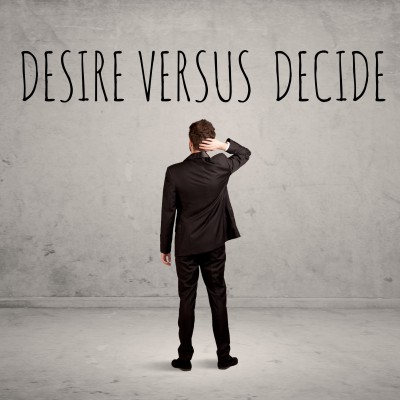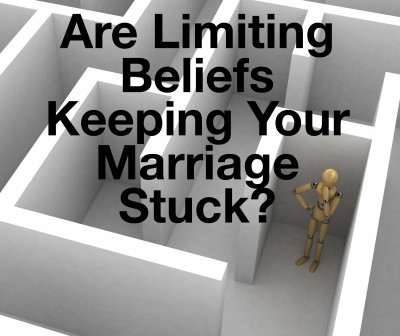Desire Versus Decide
https://savethemarriage.com/stmblog/wp-content/themes/corpus/images/empty/thumbnail.jpg 150 150 Lee H. Baucom, Ph.D. Lee H. Baucom, Ph.D. https://secure.gravatar.com/avatar/669b7e375d93f77521ddaba08adb8063?s=96&d=blank&r=pg “I just don’t feel it,” two people told me this week. One didn’t feel like following the plan to save their marriage. The other didn’t feel it for the spouse. One wanted to save the marriage. The other didn’t. Both were motivated by desire (or lack of desire).
“I just don’t feel it,” two people told me this week. One didn’t feel like following the plan to save their marriage. The other didn’t feel it for the spouse. One wanted to save the marriage. The other didn’t. Both were motivated by desire (or lack of desire).
Here’s the problem: desire is fickle. To say the least. Even in a strong marriage, desire for each other can ebb and flow. And even the best of us struggle with the desire to do things: exercise, eat well, clean the house, go to work, etc., etc., etc.
Which is the problem with letting “desire” be the measurement of taking action.
Is there another way?
Glad you asked! Yes there is.
It’s a word I particularly like. Decide.
“Desire” is based in an emotional state. “Decide” is a rational choice. It supercedes an emotional state. And it generally is the only reliable way we make progress in any area of life. If I wait for desire, the chances over time of desire showing up — they just keep going down. If I decide to act, I take back full responsibility for my actions.
Has desire been your motivation and measurement (or lack of motivation and measurement)? If so, let’s discuss the alternative.
RELATED RESOURCE
Go Pro
Have A Plan
Why It Matters
System To Follow
Podcast: Play in new window | Download
Subscribe: RSS

